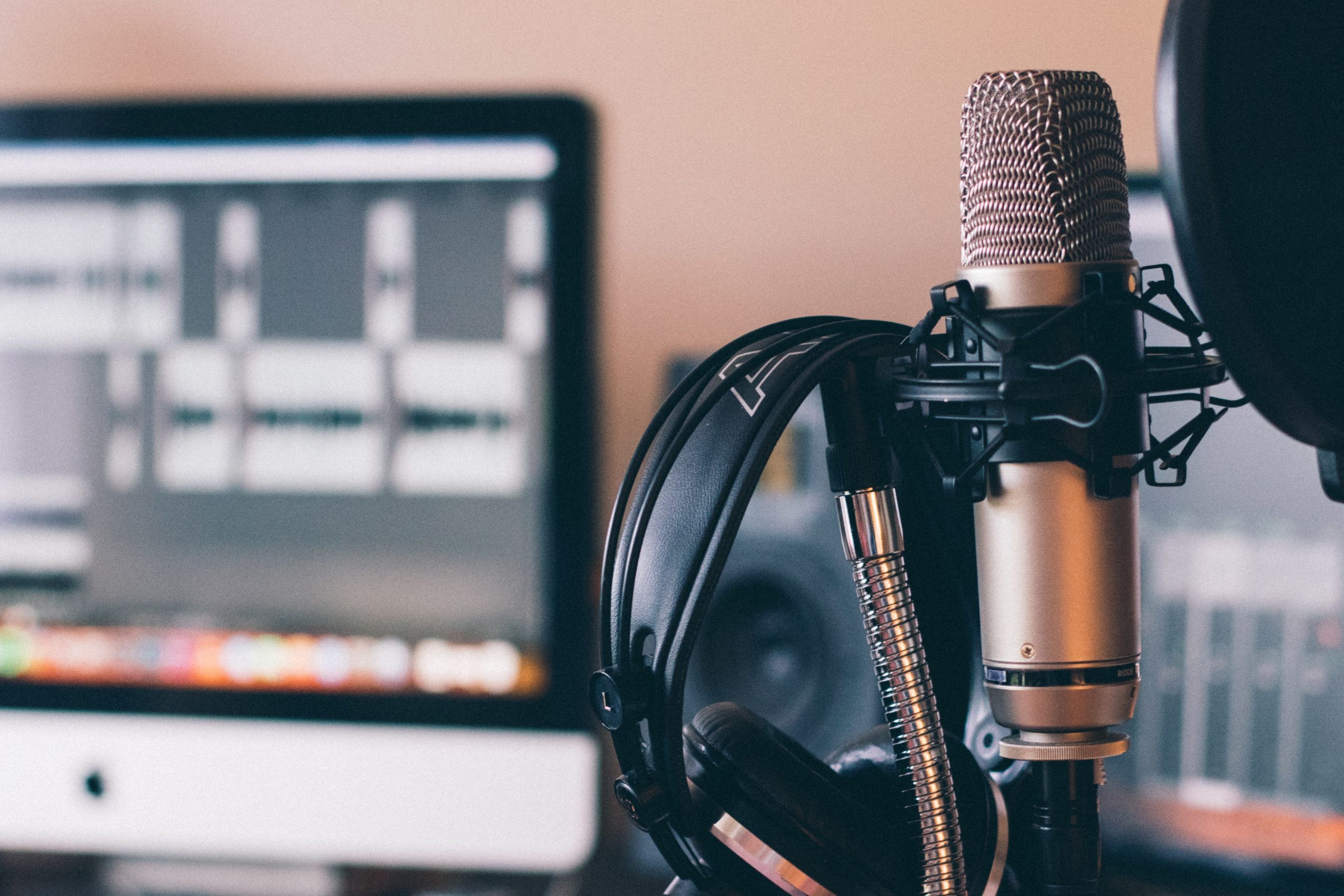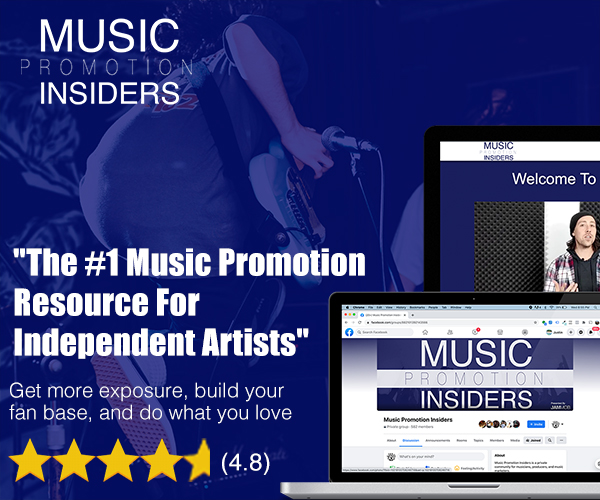As of March 2021, Apple Podcasts is home to around 1.9 million podcasts. Moreover, Spotify has been investing millions into podcasting with a slew of acquisitions and big-money deals.
For independent musicians, getting on podcasts can be a great way to promote an album, promote yourself, and make connections.
Not only can you give fans an intimate view of your music, but you can also introduce your tunes to a whole new audience.
Let’s dive into the podcast world, find out how you can find podcasts to work with, and how to leverage that content in your overall marketing strategy.
Finding the Right Podcasts
Let’s get real. There are tons of ways to market your music. Whether it’s Youtube, TikTok, or Instagram, the number of outlets to reach fans is staggering.
But one option that often gets overlooked is being a guest on a music podcast.
Podcasting is huge, and things are only growing. Research has shown that by the year-end of 2021, there will be around 116 million podcast listeners.
The podcast industry is filled with niche topics, laser-focused themes, and industry-specific channels. Among all the podcasts that exist, you can certainly find a healthy list of shows that will fit your particular musical style and vibe.
That’s part of the trick when it comes to promotion through this outlet. You need to find shows that pull from a similar pool as your target audience.
Here are some tips to finding suitable podcasts to get on to:
- What podcasts do you listen to? — This is obviously the first step. What podcasts do you like to listen to when it comes to music?
- What podcasts are your favorite artists on? — Most podcast apps or streaming services will have a search function. Use this to search your favorite artists and find what podcasts they have been on.
- Industry-related shows — If you're a musician or artist, that usually means you’ve got some talent. Whether you have some skills in production, songwriting, or even marketing, you can share your knowledge on an industry-specific podcast.
This is the part where you get creative. Create a list of possible candidates and make sure you would be happy being a guest on that show. Now that you’ve got an idea of what shows you want to be on, here comes the next step: reaching out.
Reaching Out: Tips for Getting Booked
Being a successful independent musician means having more than just talent. How many artists do you think have fallen into obscurity by not taking their marketing seriously? Marketing is a huge part of the game, and it should be at least 50% of creative output.
Your friends and family can only support you so much. At a certain point, you need to reach out, and podcasts can be a great part of your marketing strategy.
It’s not your only outlet, and you still need to get creative with others. But podcasts can help put your name in front of prospective listeners—people who may not have heard of your music through social media.
To get to those podcasters takes a different marketing skill, but one that will help you across other strategies—I, of course, talk about crafting the perfect pitch.
But before we get into that, here are some quick tips to help you find the right person to talk to:
- Find the Podcast’s website and try to find the host’s email address or proper contact form.
- Always research the podcast first. You want to make sure they post consistently and would be a good fit for you.
- Ask yourself: why am I the right fit?
Another great tool to utilize is Matchmaker. This online platform is built to help connect guests with podcasters.
The Pitch
Crafting a solid pitch is an art. Marketers across the ages have put up tons of theories on what makes a pitch successful. At the end of the day, though, being direct and honest can be a solid strategy.
No one likes reading marketing emails. I don’t, you don’t, and the podcast host certainly doesn’t. Keep this in mind when crafting your pitch. You want to come off as genuine, as someone who will add some value to the show.
Here are some tips that can give you stand out amongst the sea of email fodder:
- Talk to the host directly and address them by their name. This small step can help build a more personal and sincere relationship.
- Give out a few compliments. If you are a fan of their show, let them know. Be specific and watch the flattery.
- Let them know what you are bringing to the table. Give them a taste of the kind of value you are going to give the show.
- Be clear, concise, short, and sweet. Don’t give the host a book to read because, most likely, they won’t read more than a handful of paragraphs.
Preparing for Your Interview
Once you’ve got the interview, now what? Before you start biting your nails and have a mini-freakout, there are some easy things you can do to get ahead.
Let’s explore some:
- Research — Make sure you know what the podcast is about, what topics have been covered already, and what the tone of the show will be like.
- Talking points — Make some note cards with things you want to touch on. This will ensure they don’t get left out. This is super important if you are using the interview to promote a release.
- Edits — Ask for a copy of the recording before it gets released. If you need to, ask for edits.
- Send your press kit to the podcaster — This is a great way to start the relationship on the right foot professionally.
Above all, be yourself. Yes, it sounds cliche and cheesy, but it's true. The people who are listening have the chance to be introduced to you and your brand. It's a golden opportunity to show them who you are and what your music is about.
What to do After You Record
Once the recording is done, and you are happy with the show, it's now time to promote. First, you want to know when the podcast is going to come out. Timing is everything, and you don’t want to be linking a show that does not exist all over your social media accounts.
Building strategies that complement your interview is key. Promoting a new album? Well, make sure you give some time to talk about the songwriting process on the show. Even better, get yourself an interview on a songwriting podcast.
This is the kind of content that revolves around your release. It’s what takes your music from being a singular format, audio, into a multimedia experience.
Post snippets on an Instagram story, select certain quotes to post on Twitter. Use the content you’ve just created to your advantage.
The podcaster will also promote the show, but you need to be on top of it.
Conclusion
Building content around your music is a key aspect of a successful music marketing strategy. Leveraging podcasts is just another tool in your kit to get out there and reach listeners.
They can also be a great way to dig deeper into the industry and talk with other professionals about your passion. In the end, most podcasters are just like you. They are independent and fiercely passionate. So why not reach out and promote your music?




